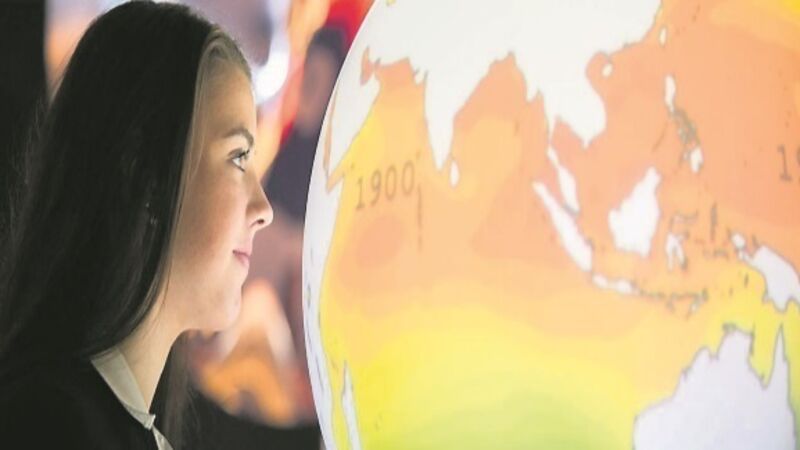A small step but not and end in itself - Paris climate change deal

Nevertheless, it marks a turning point in finally bidding adieu to the unfettered use of fossil fuels, without which the only home we know would heat to such a point as to make human life unsustainable in the decades to come. It is the first truly global climate deal, committing both rich and poor nations to reining in rising emissions.
Although its success was partially assured before the summit began, with 187 nations having already submitted detailed national plans for how they will contain the rise in greenhouse gas emissions, the final result could not have come about without a global commitment to co-operation and solidarity. The agreement was adopted by consensus during the meeting of government ministers.











